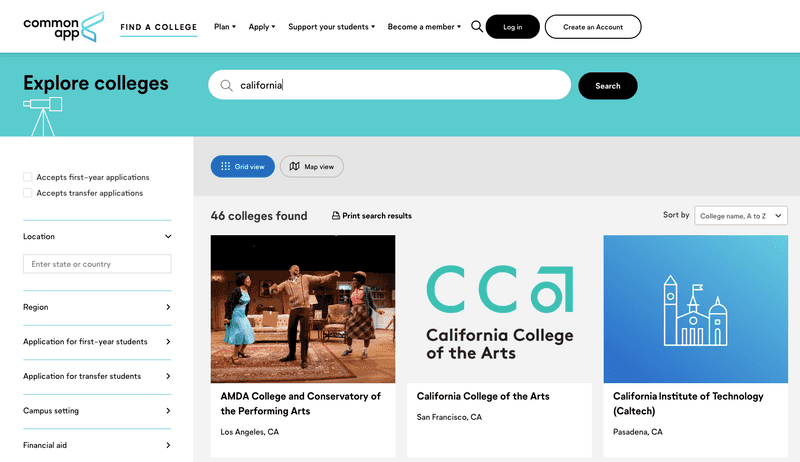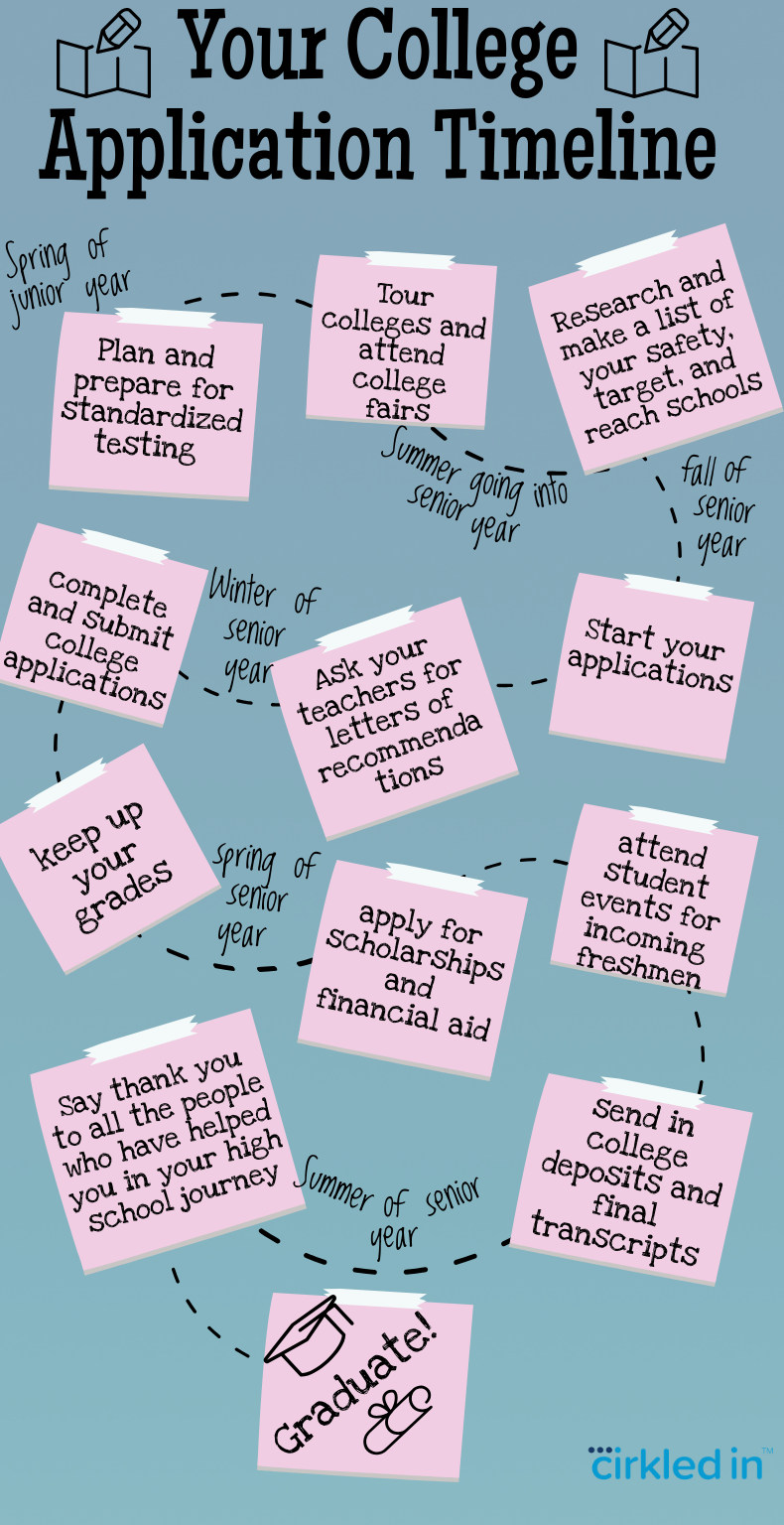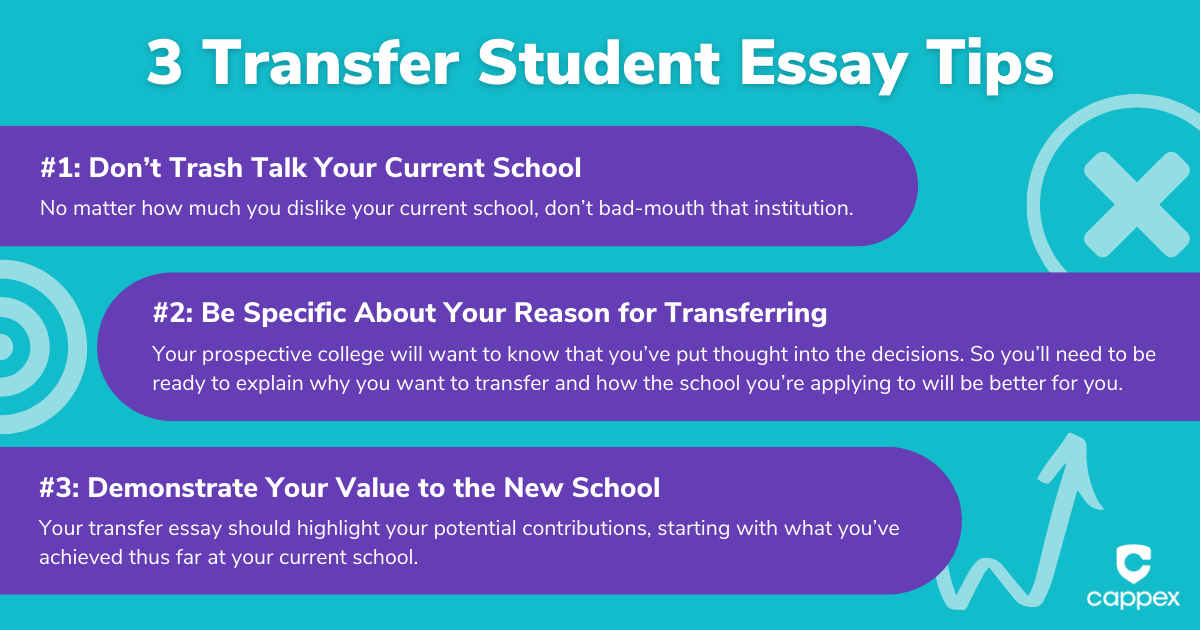Key Takeaways
Start researching colleges early to find the best fit for your interests and goals.
Organize application tasks with a checklist and pay attention to deadlines.
Gather necessary documents like transcripts and letters of recommendation in advance.
Understand the financial aid process, including filling out the FAFSA and searching for scholarships.
Write a compelling college essay that showcases your unique story and strengths.
Demystifying the College Application Journey
Applying for college can seem like a labyrinth with no clear beginning or end. But let’s simplify it: think of it as mapping your future. The key is to start with a solid plan, and I’m here to help you chart the course.
Your Roadmap to College Applications
Imagine you’re going on a road trip. You wouldn’t just jump in the car and go, right? You’d plan your route, pack what you need, and make sure you have enough gas. The same goes for college applications. The journey is smoother when you know the steps ahead.
Sign-Up Simplicity: Is It Really That Hard?
Signing up for college isn’t hard if you approach it one step at a time. The real challenge is managing multiple tasks: choosing schools, meeting deadlines, and writing essays. But with a bit of organization, you can handle it with ease.
Best Time to Kickstart Your College Dreams
When should you start? The summer before your senior year is ideal, but it’s never too early to start thinking about where you might want to go. The earlier you begin, the more time you have to refine your choices and applications.

“College Application Process …” from www.guidemeedu.com and used with no modifications.
First Things First: Understanding the Application Process
Before diving in, you need a clear understanding of the process. Think of it like a recipe: you need the right ingredients (your grades, test scores, and extracurriculars), the method (the application itself), and the seasoning (your essay and interviews).
Breaking Down the Basics
The basics of the college application process include researching schools, gathering materials, and understanding the different types of application deadlines. Keep these straightforward, and you’ll avoid getting overwhelmed.
Common Myths Busted
Let’s clear up some myths. First, applying to college is not just about having perfect grades. Schools look at the whole picture, including your activities and character. And second, it’s not about applying to as many schools as possible. It’s about finding the right fit for you.
Considering Your Major and Career Path
Choosing a major isn’t just about what you love; it’s also about where you want to go. Do you see yourself as a doctor, an artist, or an engineer? This decision will guide which colleges you apply to, as some schools specialize in certain fields. Start by thinking about your interests and how they might translate into a career.
Getting Your Ducks in a Row: Preparing Your Application
Preparation is the secret to not getting swamped by the application process. Create a timeline with milestones for each part of your application, and stick to it. This will help you manage your time and keep stress levels low.
Most importantly, stay organized. Keep a folder for each college you’re applying to and a checklist of what you’ve completed and what’s still pending. This can include test scores, essays, recommendation letters, and forms.
What Documents Will You Need?
Gathering documents is like packing for a trip – you don’t want to forget anything important. You’ll need your high school transcripts, standardized test scores (like the SAT or ACT), recommendation letters, and a list of your extracurricular activities. Make sure to request transcripts and letters well in advance – your teachers and counselors will thank you for it!
Understanding Deadlines and Requirements
Deadlines are the guardrails of your application journey. Each college has its own set of deadlines for applications, financial aid, and scholarship submissions. And then there’s Early Decision, Early Action, and Regular Decision – each with its own timeline. Mark these dates on your calendar and set reminders so you never miss a beat. For a comprehensive guide on when to start applying for college, check out the resources available to help you stay on track.
Requirements can vary from one college to another. Some may ask for an interview, others for a portfolio. Make sure you know what each application requires by creating a comparison chart – this will help you see at a glance what you need to do for each school.
Essential Tips for a Smooth Application process
To ensure a smooth application process, follow these tips:
Start early to give yourself plenty of time for revisions and unexpected delays.
Ask for help when you need it – from teachers, counselors, or trusted friends.
Stay positive and remember that each step brings you closer to your college goals.
Besides that, take care of yourself during this time. Applying to college can be stressful, so make sure to take breaks and do things you enjoy.
Navigating Financial Aid and Scholarships
Let’s talk money. College can be expensive, but financial aid and scholarships are here to help. They’re like the financial fuel for your college engine.
FAFSA: The Golden Ticket to Federal Aid
The Free Application for Federal Student Aid (FAFSA) is your gateway to financial aid. It’s a form you fill out to see what loans, grants, and work-study funds you can get from the government. Here’s the golden rule: submit the FAFSA as soon as it opens on October 1st. The earlier you apply, the better your chances of receiving aid.
Uncovering Scholarship Opportunities
Scholarships are like treasure hunts – you need to search for them, but the reward is worth the effort. They come in all shapes and sizes, from academic and athletic scholarships to those based on community service or unique talents. Use scholarship search engines, check with your high school counselor, and look at each college’s offerings.
Merit-Based vs. Need-Based Assistance
Financial aid can be split into two main types: merit-based and need-based. Merit-based aid is awarded for achievements like grades or athletic prowess, while need-based aid is based on your family’s financial situation. Know which type you’re eligible for and apply accordingly.
Writing a Standout College Essay
The college essay is your chance to shine. It’s where you can share your story, your dreams, and what makes you unique. Think of it as a personal interview on paper.
What Admissions Officers Look For
Admissions officers look for authenticity and a clear voice in your essay. They want to know who you are beyond your grades. What are your passions? How have your experiences shaped you? This is your opportunity to make a memorable impression.
Structuring Your Narrative
Your essay should have a clear structure: an engaging introduction, a body that tells your story, and a conclusion that ties everything together. Use examples and anecdotes to bring your essay to life. Remember, it’s not just what you say, but how you say it.
Proofreading: The Final Touch
Before you send off your essay, proofread it. Then proofread it again. Typos and grammatical errors can distract from your message. Have someone else read it too – a fresh pair of eyes can catch things you might have missed. For more detailed guidance, check out these common app mistakes to avoid to ensure a flawless process.
Submitting Your Application: Ready, Set, Go!
When you’re ready to submit your application, go through your checklist one last time. Make sure every section is completed, every document is attached, and every essay is polished. It’s like double-checking your suitcase before a trip.
After you hit ‘submit’, take a deep breath. You’ve done your part. Now, it’s time to wait for the decisions. Remember, no matter the outcome, you’ve worked hard and should be proud of your efforts.
If you find yourself waitlisted or deferred, don’t lose hope. Use this time to strengthen your application, whether that’s by improving your grades, retaking standardized tests, or submitting additional information that showcases your abilities.
Final Checklist Before Hitting ‘Submit’
Review all sections of each application for completeness.
Double-check that all essays are included and proofread.
Ensure that letters of recommendation have been submitted.
Verify that standardized test scores have been sent to the right schools.
Confirm that any additional requirements like portfolios or interviews are completed.
It’s submission day and you’re ready to send your applications off into the world. Before you do, let’s ensure everything is in order. Go through every part of your applications one more time. This isn’t just about peace of mind; it’s about making sure you’re presenting the best version of yourself to the colleges of your dreams.
Make sure all the technical details are correct: your name is spelled right, your contact information is up to date, and your application fees are paid. It’s the little things that can sometimes trip us up, so pay attention to the details.
Finally, take a moment to reflect on the hard work you’ve put into this process. You’ve earned a moment of pride. Once you’re certain everything is perfect, go ahead and click that ‘submit’ button.
Managing Application Follow-Ups
Once your applications are submitted, the waiting game begins. But there’s still work to be done. Check your email regularly for any communications from the colleges. Some may request additional information or clarification on certain points.
It’s also a good idea to follow up with your high school to ensure that your transcripts and any additional reports have been sent. If you’ve applied for financial aid, stay on top of any additional documentation that might be required.
What to Do If You’re Waitlisted or Deferred
Stay positive and consider it an opportunity to strengthen your application.
Submit any improved standardized test scores or updated transcripts.
Write a letter of continued interest to express your commitment to the school.
Keep your grades up and stay involved in extracurricular activities.
Being waitlisted or deferred is not the end of the road. It means you still have a chance, and there are actions you can take to improve your standing. Stay proactive and communicate your ongoing interest in the school.
Remember, a deferral or a waitlist spot is not a rejection. Colleges often admit students from their waitlists, so keep demonstrating why you’d be a great addition to their incoming class.
If you’re ultimately not admitted, know that it’s not a reflection of your worth or potential. There are many factors at play in college admissions, and sometimes it’s just about the numbers. There are plenty of schools where you can thrive and achieve your dreams.
And if you do get off the waitlist, celebrate! Your perseverance paid off, and you’re on your way to an exciting college experience.
Frequently Asked Questions
As you navigate the college application process, questions are bound to arise. Here are some of the most common queries and their answers to help guide you through this journey.
When Exactly Should I Start the College Application Process?
You should start the process at the beginning of your junior year of high school. This gives you ample time to research schools, prepare for standardized tests, and begin drafting essays. Starting early also allows you to visit colleges and attend college fairs for a better sense of where you might want to apply.
What Makes a College Application Hard to Complete?
The difficulty often lies in the details: juggling multiple deadlines, writing personal essays, and securing letters of recommendation can all be challenging. Here’s what can make the process tough:
Time management: Balancing schoolwork with application tasks is a skill in itself.
Essay writing: Crafting a unique and compelling personal statement takes effort and introspection.
Decision-making: Choosing which colleges to apply to and what to study can be overwhelming.
Financial planning: Figuring out how to pay for college and understanding financial aid options requires research and planning.
But with a methodical approach and the right support, you can navigate these challenges successfully.
Can I Get Assistance During the College Application Process?
Absolutely! Your high school guidance counselors are there to help you with the process. You can also seek assistance from college advising centers, online resources, and college admissions consultants. Don’t hesitate to reach out to current college students and alumni for advice as well.
Is There an Advantage to Applying Early to Colleges?
Applying early can have advantages, such as receiving an admissions decision sooner and demonstrating interest in a school. However, early application programs like Early Decision are binding, so you should only apply early if you’re certain about attending that college. Early Action, on the other hand, is non-binding and gives you more flexibility.
How Do I Choose the Right College for Me?
Choosing the right college is a personal decision that depends on a variety of factors:
Applying for college can be a daunting process, but with the right preparation, it doesn’t have to be difficult. It’s important to start early, ideally in your junior year of high school, to ensure you have enough time to research schools, prepare for exams, and work on your applications. For a comprehensive guide on the application process and tips on how to stand out, consider reading our article on supporting teens through the college admissions process.




